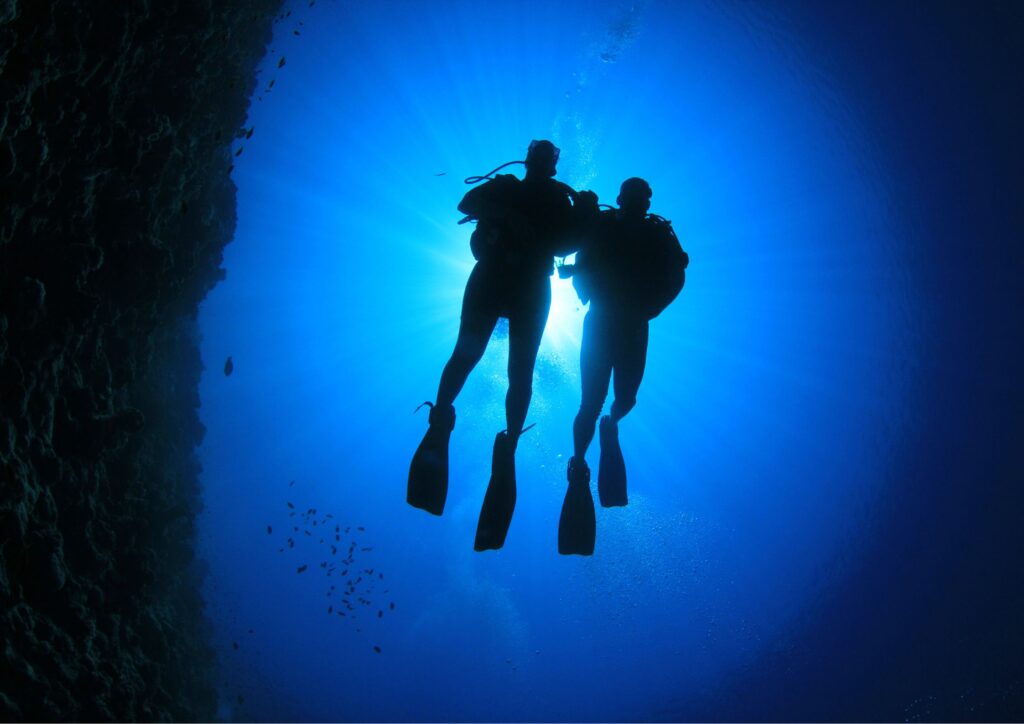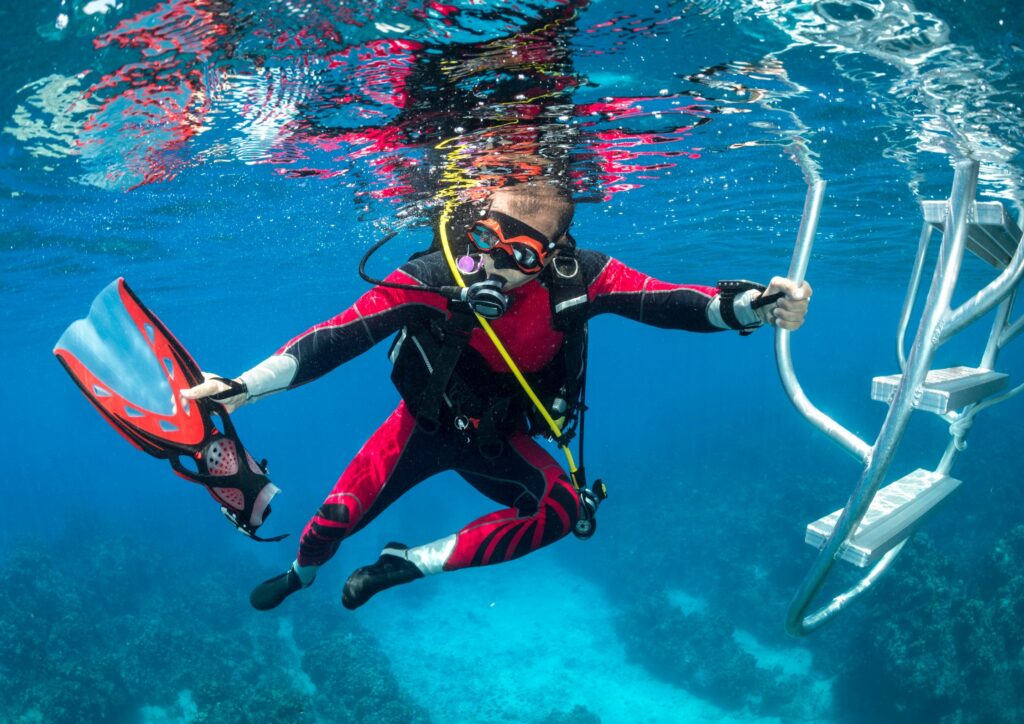Let’s dive into the world of diving safety and explore the must-know tips for both beginner and expert divers alike in dive safety skills. As you prepare to embark on an unforgettable diving adventure in Bali, it’s essential to prioritize safety above all else. Whether you’re a beginner diver or an experienced one, understanding and mastering the essential safety skills is crucial to ensuring a stress-free and enjoyable experience underwater. With crystal-clear waters, vibrant marine life, and a rich cultural heritage, Bali offers a unique and thrilling diving experience that can’t be missed.
As a beginner diver, it’s essential to understand the fundamental principles of diving safety. Start by familiarizing yourself with the buddy system, where you’ll be paired with an experienced diver who will watch your back and ensure your safety at all times. Additionally, learn how to properly use your scuba gear, including your regulator, buoyancy control device (BCD), and tank. Don’t forget to plan your dive according to your air supply, depth, and time constraints. Finally, make sure you’re aware of your body’s physical limitations and don’t push yourself beyond what feels comfortable.
Safety Tips for Expert Divers: Avoiding Common Mistakes

As an experienced diver, it’s easy to get complacent and take safety for granted. But that’s when mistakes can happen. To avoid common errors, remember to always dive within your limits, respecting your air supply and depth. Be mindful of currents and eddies, and never dive alone unless absolutely necessary. Keep a sharp eye out for marine life and don’t touch or disturb the coral reefs. And, most importantly, never dive while fatigued or under the influence of any substances.
Underwater Safety: Avoiding Common Hazards
When diving underwater, it’s essential to be aware of potential hazards lurking beneath the surface. Start by recognizing the warning signs of nitrogen narcosis, a condition that can occur when breathing compressed gases at depths exceeding 30 feet. Be cautious of strong currents and eddies, which can sweep you away from your buddy or even cause decompression sickness. Don’t forget to monitor your air supply and depth, and never dive beyond your certified limits. Finally, be aware of potential hazards like underwater structures, debris, or marine life that could cause injury.
Dive Training: Mastering Essential Dive Safety Skills for a Stress-Free Bali Experience
To ensure a stress-free diving experience in Bali, it’s crucial to master essential skills through proper training. Start by taking a scuba diving course, which will cover topics like equipment usage, safety procedures, and underwater navigation. Additionally, learn how to handle emergencies, including recognizing signs of decompression sickness or a lost diver. And, don’t forget to practice your buoyancy control and communication skills with your dive buddy.
Conclusion: Prioritizing Dive Safety Skills for an Unforgettable Bali Experience
With the right training, knowledge, and attitude, you’ll be well on your way to a stress-free diving experience in Bali. Remember that safety should always come first, whether you’re a beginner or expert diver. By prioritizing your safety above all else, you’ll be able to focus on what really matters – immersing yourself in the beauty of Bali’s underwater world. So don’t hesitate – dive into adventure and create unforgettable memories with Gill Divers today!
Take Control of Your Bali Adventure with Your Dive Safety Skills
Maximize your Bali diving adventure by honing your dive safety skills and taking control of your underwater experience. Whether you’re exploring Bali’s stunning coral reefs, navigating the thrilling currents of Nusa Penida, or venturing into the depths of the USS Liberty shipwreck, your safety skills are your most valuable asset. Being well-prepared and confident in your abilities allows you to fully enjoy the beauty of Bali’s underwater world while minimizing risks.
From thorough pre-dive checks and proper equipment maintenance to mastering buoyancy control and situational awareness, each aspect of dive safety plays a crucial role in ensuring a successful dive. Bali’s top dive schools offer comprehensive training that emphasizes these essential skills, equipping you with the knowledge and confidence to handle various dive conditions. Understanding the local marine environment and potential hazards, such as currents and marine life, also contributes to a safer and more enjoyable diving experience.
By taking control of your dive safety skills, you not only protect yourself but also enhance the overall adventure, allowing you to explore Bali’s underwater treasures with peace of mind. Dive with confidence and let your safety skills guide you through an unforgettable journey beneath the waves.
At Gill Divers, we’re dedicated to ensuring your diving experience in Bali is nothing short of unforgettable. With our expert training and guidance, you’ll be well-equipped to master the essential safety skills necessary for a stress-free adventure. So why wait? Contact us today to book your Bali diving adventure and take control of your underwater escapades!

I completely agree with this post! Prioritizing dive safety skills is crucial for an unforgettable Bali experience. As a beginner diver, I found the buddy system and proper equipment usage to be extremely important.
Hi Aisha, thank you for sharing your thoughts! We completely agree with you that prioritizing dive safety skills is crucial for an unforgettable Bali experience. At Gill Divers, we’re dedicated to ensuring our divers have a great time while also adopting attitudes of better respect and appreciation of the ocean and its life. As a beginner diver, it’s great to hear that you found the buddy system and proper equipment usage to be important – these are indeed fundamental principles for a safe and enjoyable diving experience. If you have any further questions or concerns about dive safety skills, please don’t hesitate to contact us at +65 6734 9373 or [email protected]. We’re always here to help.
This post highlights the importance of respecting your air supply and depth when diving. As an experienced diver, I’ve learned that complacency can lead to mistakes, so it’s essential to stay focused on safety skills.
Dear Kavin Wong, we appreciate your valuable feedback on our blog post about dive safety skills. You’re absolutely right that respecting air supply and depth is crucial for a safe diving experience. At Gill Divers, we emphasize the importance of staying focused on safety skills to avoid complacency and ensure a stress-free adventure. We’re glad you share our passion for responsible and enjoyable diving in Bali. If you have any further questions or concerns, please don’t hesitate to reach out to us at Tel: +65 6734 9373, Email: [email protected]. Thank you for choosing Gill Divers.
I’m excited to start planning my Bali diving adventure! This post has given me a lot of valuable insights into the importance of masterinng essential dive safety skills. I’ll definitely be taking a scuba diving course before my trip.
Hi Jasmine Lee, congratulations on planning your Bali diving adventure! We’re thrilled to hear that you found our post valuable in helping you prioritize dive safety skills. Taking a scuba diving course is an excellent decision to ensure you’re well-prepared for your underwater escapades. If you have any questions or concerns about our courses or services, please don’t hesitate to contact us at Tel: +65 6734 9373, Email: [email protected]. We’re here to help you make the most of your Bali diving experience. Happy planning!